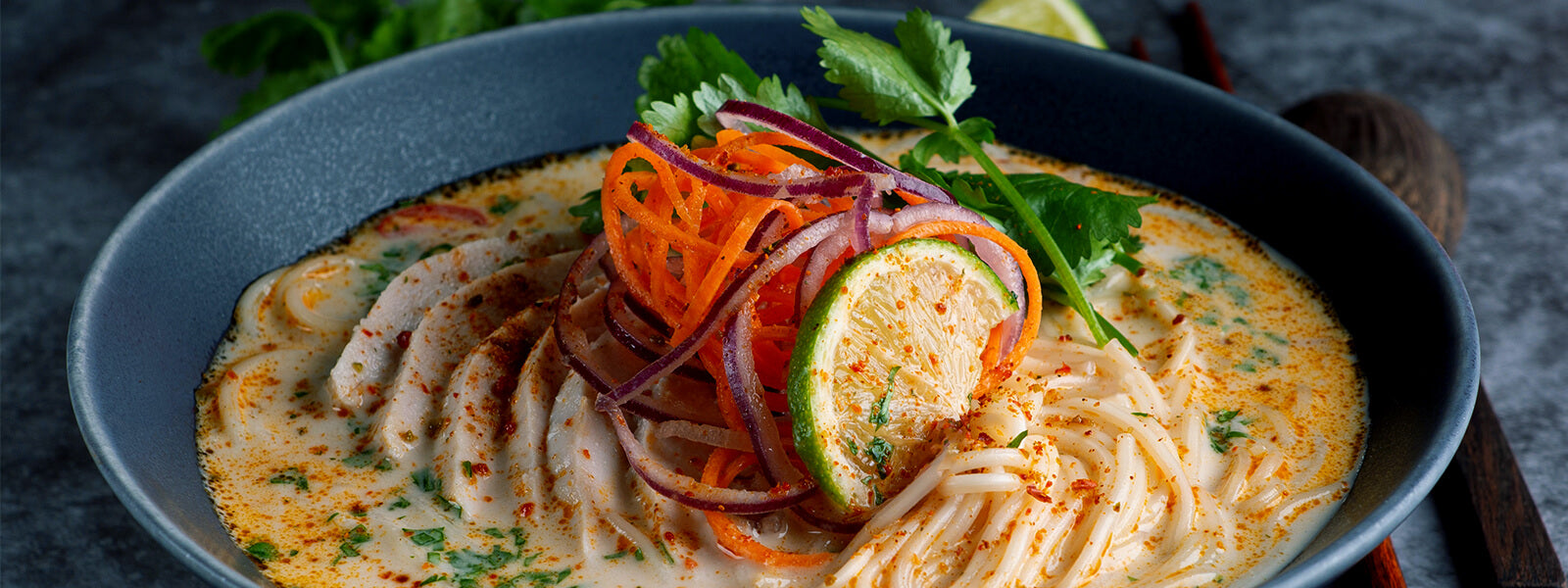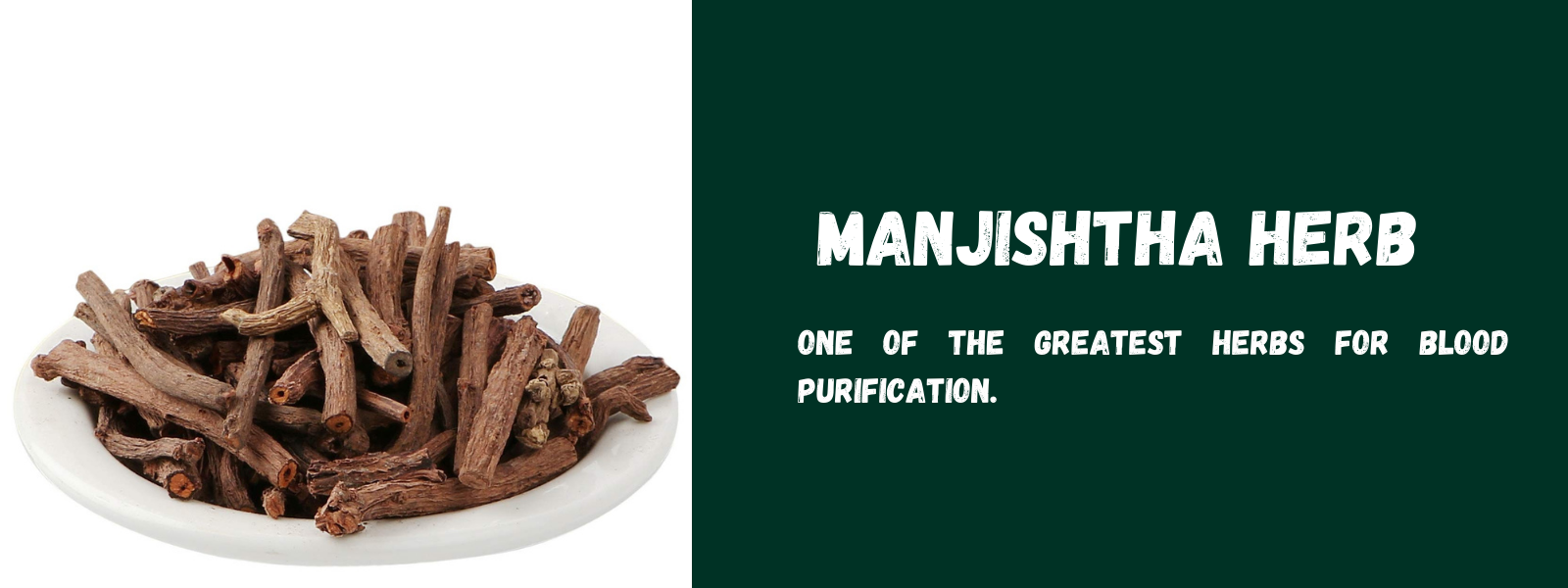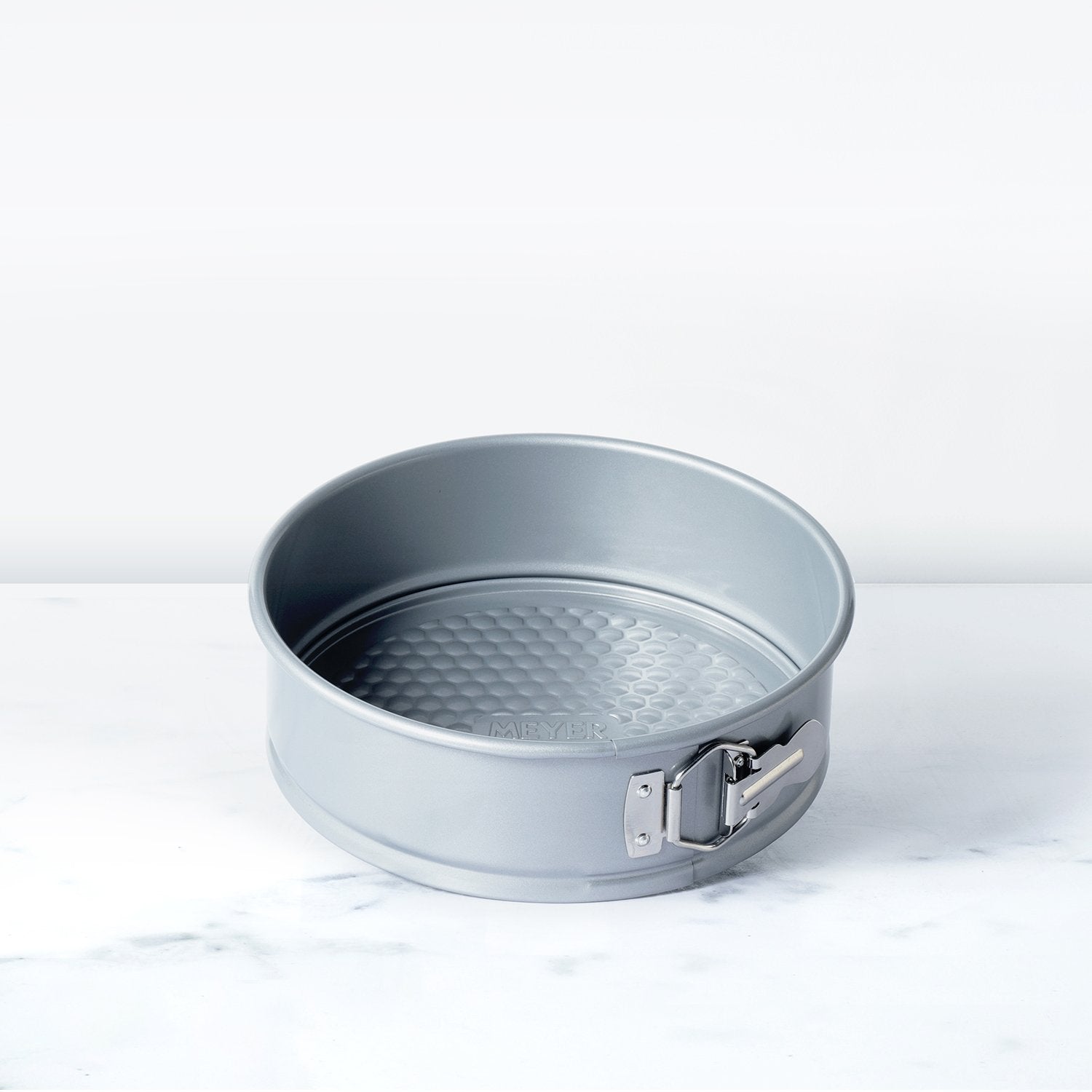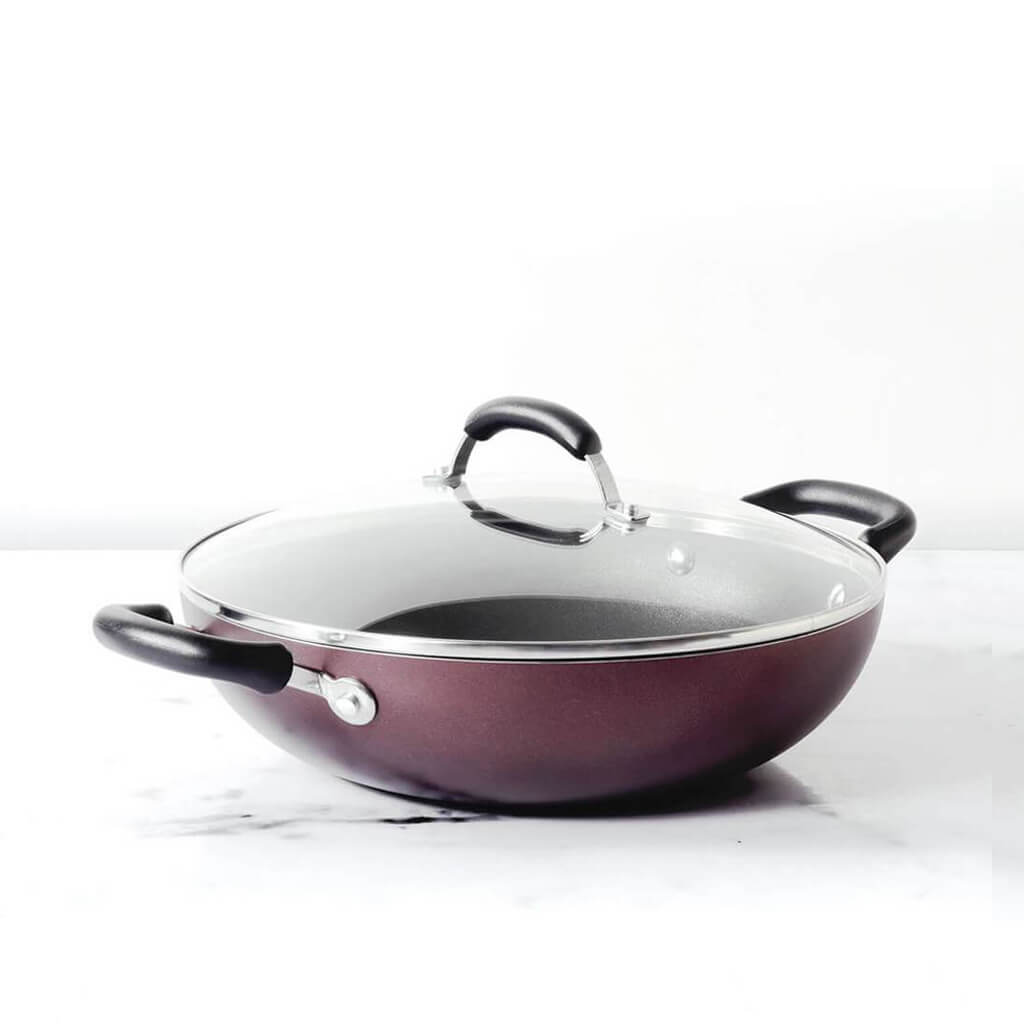Dill, also called dill weed, is a herb called Anethum graveolens. It is in the same family as celery, Apiaceae, and is known for its soft leaves and brown, fragrant seeds. Dill is a key ingredient in many European and Asian dishes, and it can also be used to treat health problems. It can be used both as herbs and as spices.
Table of Contents
What is dill herb?
Dill, scientifically known as Anethum graveolens, has been used for hundreds of years in cooking and medicine. In addition to having a strong, tangy, and tasty flavour, it may also have a lot of health benefits. Monoterpenes, flavonoids, minerals, and amino acids are all parts of the plant that give it these qualities. Depending on where in the world it is grown, dill can be a perennial or an annual herb. It can be used to flavour and decorate a number of dishes, but it is also an important part of many dishes. If you are a herbalist and want to grow your own dill, you should do so in a warm to hot summer with a lot of sun.
Plant description of dill herb:
Dill comes from the Mediterranean and eastern parts of Europe. Like cilantro, it needs warm summers and fertile soil that drains well for it to grow well. It grows to a height of 1 to 2 feet and has dark green, fern-like leaves (sprigs) that are soft and have a rich, pleasant anise scent and sweet taste.
Nutritional value of dill herb:
Dill herb is good for your health because it has organic compounds, vitamins, and minerals. These include strong monoterpenes like limonene, carvone, and anethofuran, as well as flavonoids like vicenin and kaempferol. According to the USDA National Nutrient Database, it has a lot of vitamins A and C and small amounts of folate, iron, and manganese.
Culinary use of dill herb:
The feathery leaves of dill have a sweet, grassy taste that makes food taste better. We can put chopped leaves on salads, soups, and sauces, or we can dry them and use them that way. The drill seeds smell great and taste strong and tangy. The seeds of dill are mostly used as a spice to make bread and pickles taste better.
Health benefits of dill herb:
Dill has a number of plant compounds and nutrients that were used in the past to treat things like colic pain, bad breath, painful periods, and digestive problems. Here are some of the ways that dill is good for your health:
- If you eat dill's extract every day, it lowers your fasting blood sugar. So, it's good for people with insulin resistance and type 2 diabetes.
- Dill has a lot of vitamins, like vitamin A, vitamin C, and folate.
- Vitamin A is important for healthy eyesight and reproduction. It stops age-related damage and makes the immune system stronger.
- Vitamin C is very important for our immune systems. It also helps with our metabolism, wound healing, bone growth, and fights against long-term diseases.
- Folate is good for the growth of the brain.
- Dill has a lot of important minerals, like iron and manganese, which are needed for our brains and nervous systems to work properly, help our bodies break down sugar and fat, and ease the pain of menstrual cramps.
- Calcium, magnesium, and phosphorus are minerals that are important for bone health and are found in dill.
- Dill has many antioxidants, such as flavonoids, tannins, and terpenoids, which fight free radicals in our bodies and protect us from heart disease, cancer, Alzheimer's disease, and rheumatoid arthritis.
- Flavonoids in dill lower the amount of LDL cholesterol and triglycerides in the blood. It can also help reduce inflammation. This means that eating dill is good for the health of our hearts.
- Monoterpenes, which are found in dill's essential oil, have properties that fight cancer, fungus, inflammation, bacteria, and viruses.











Leave a comment